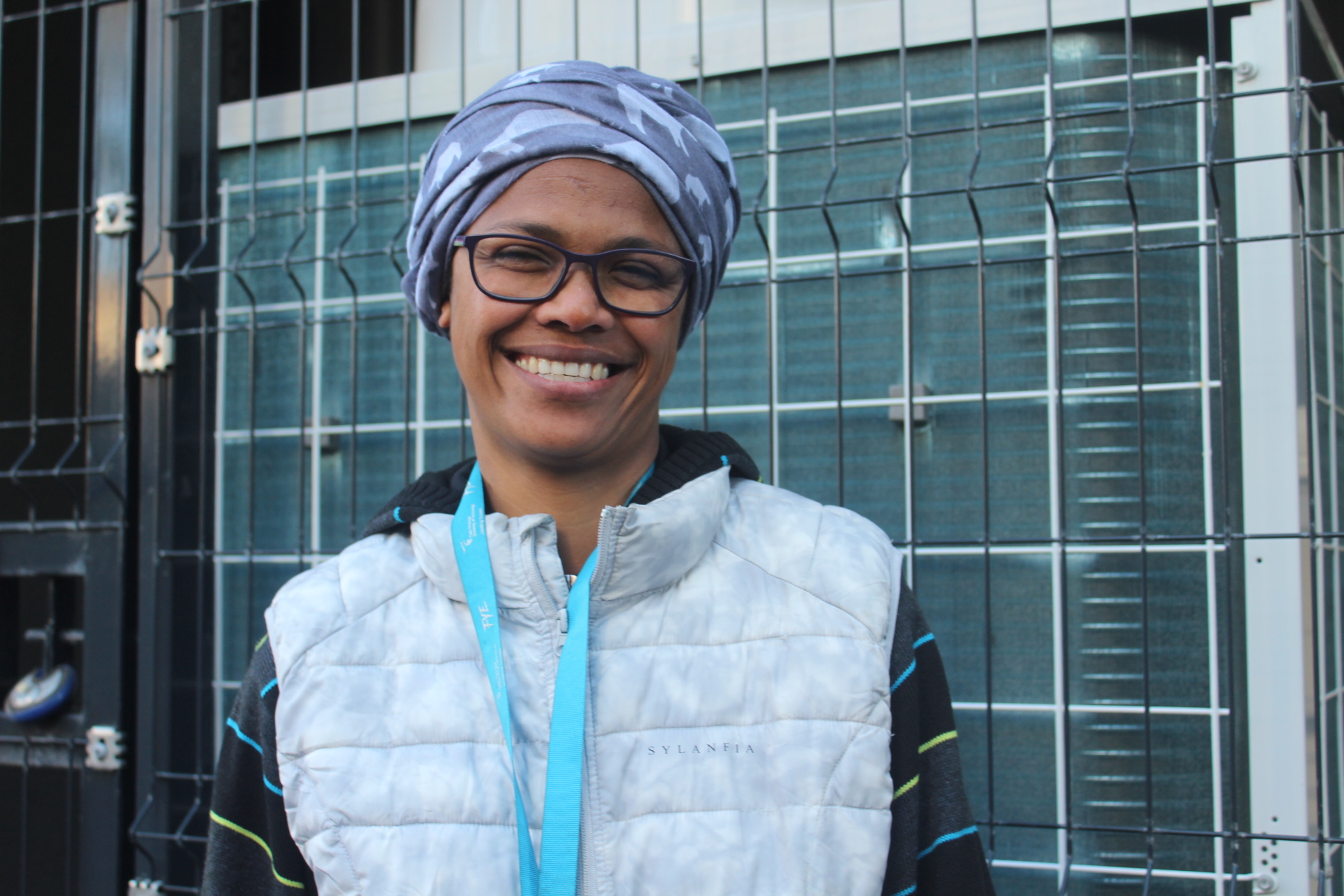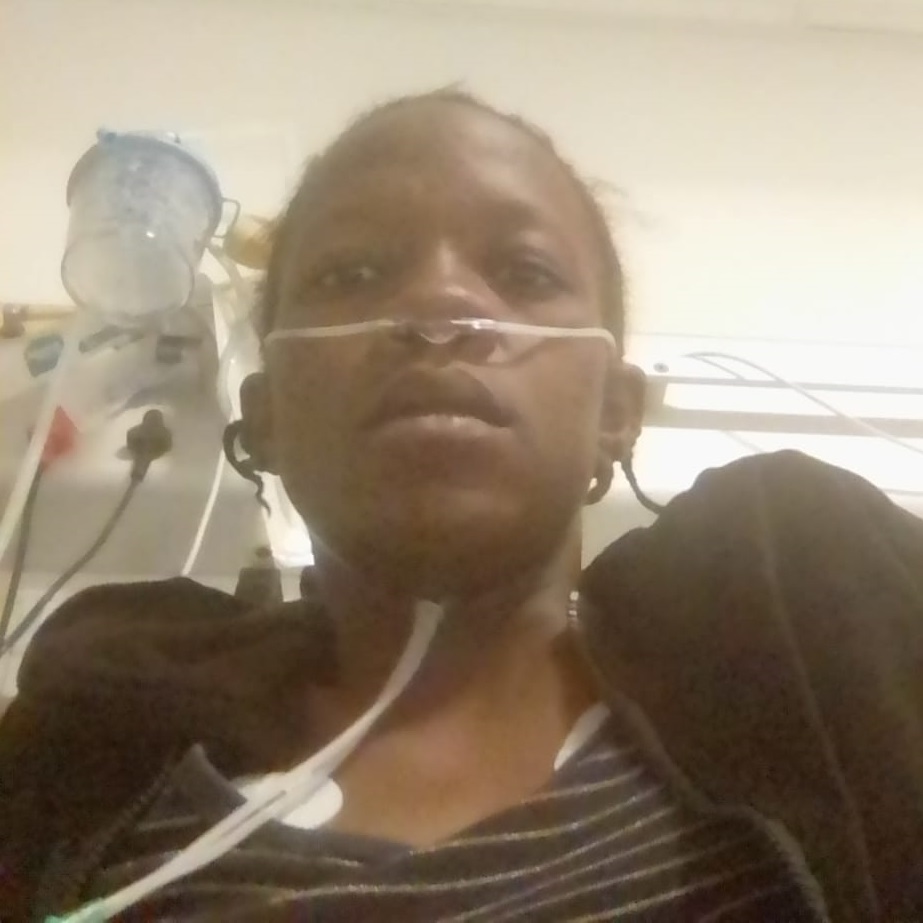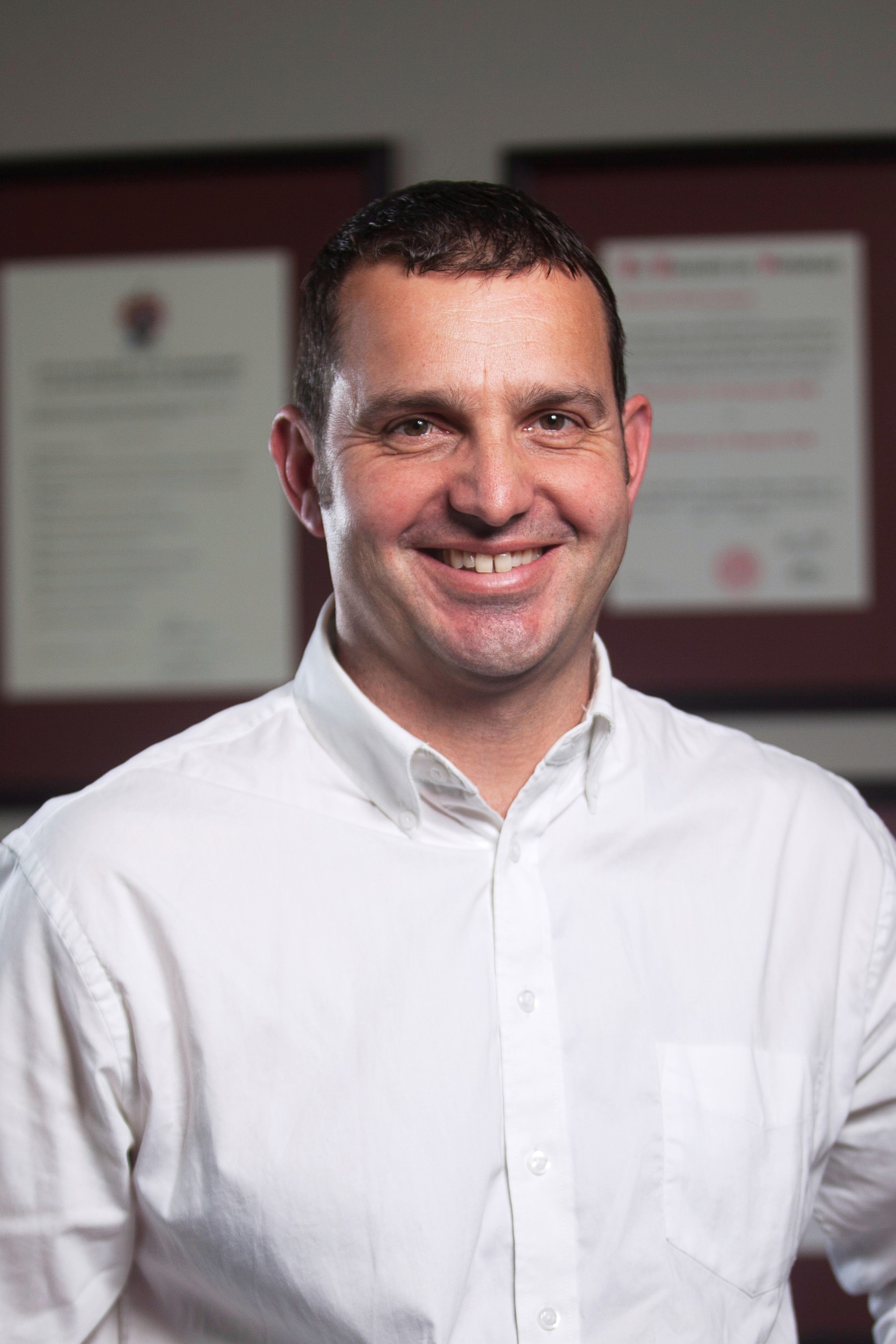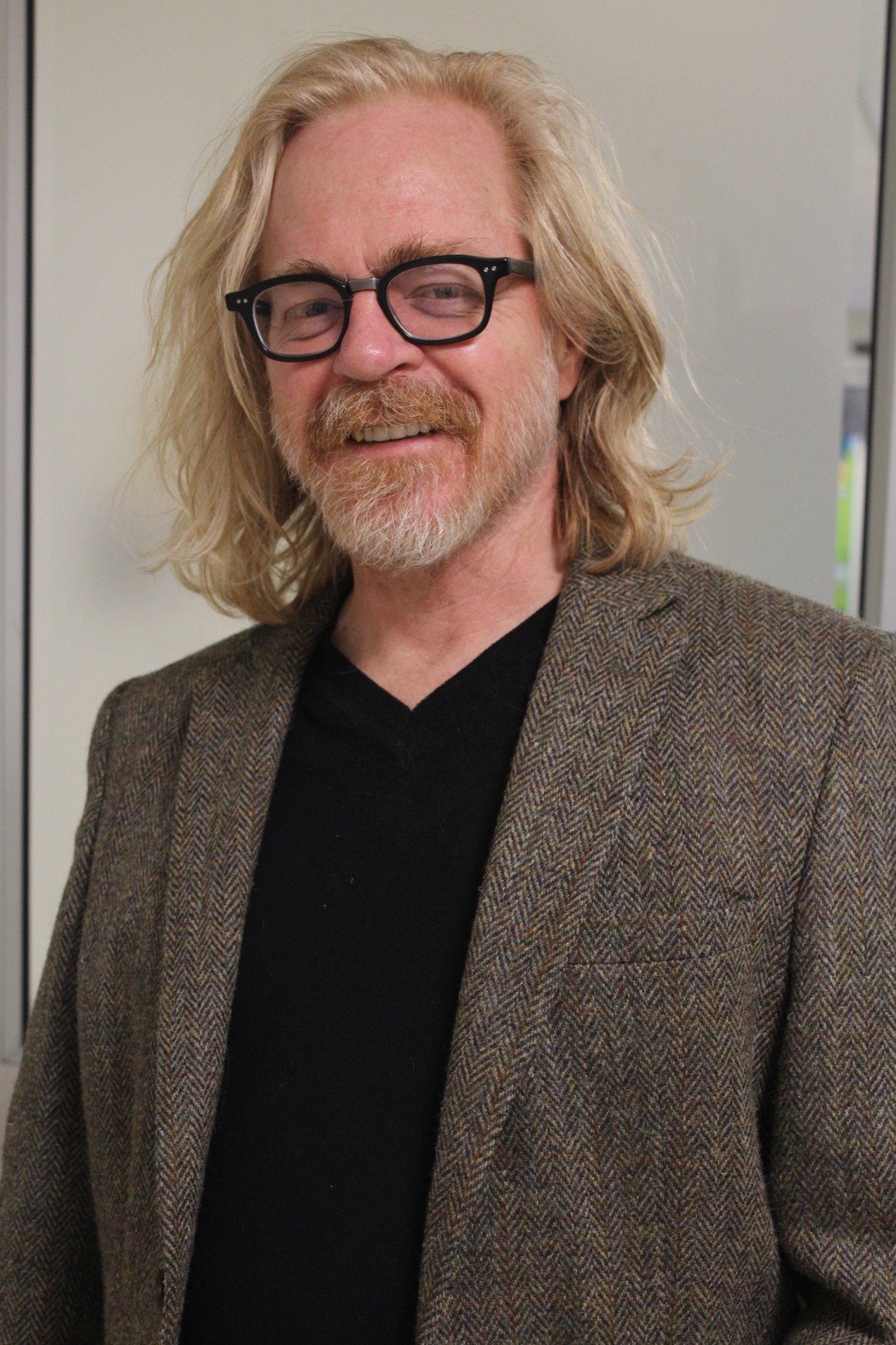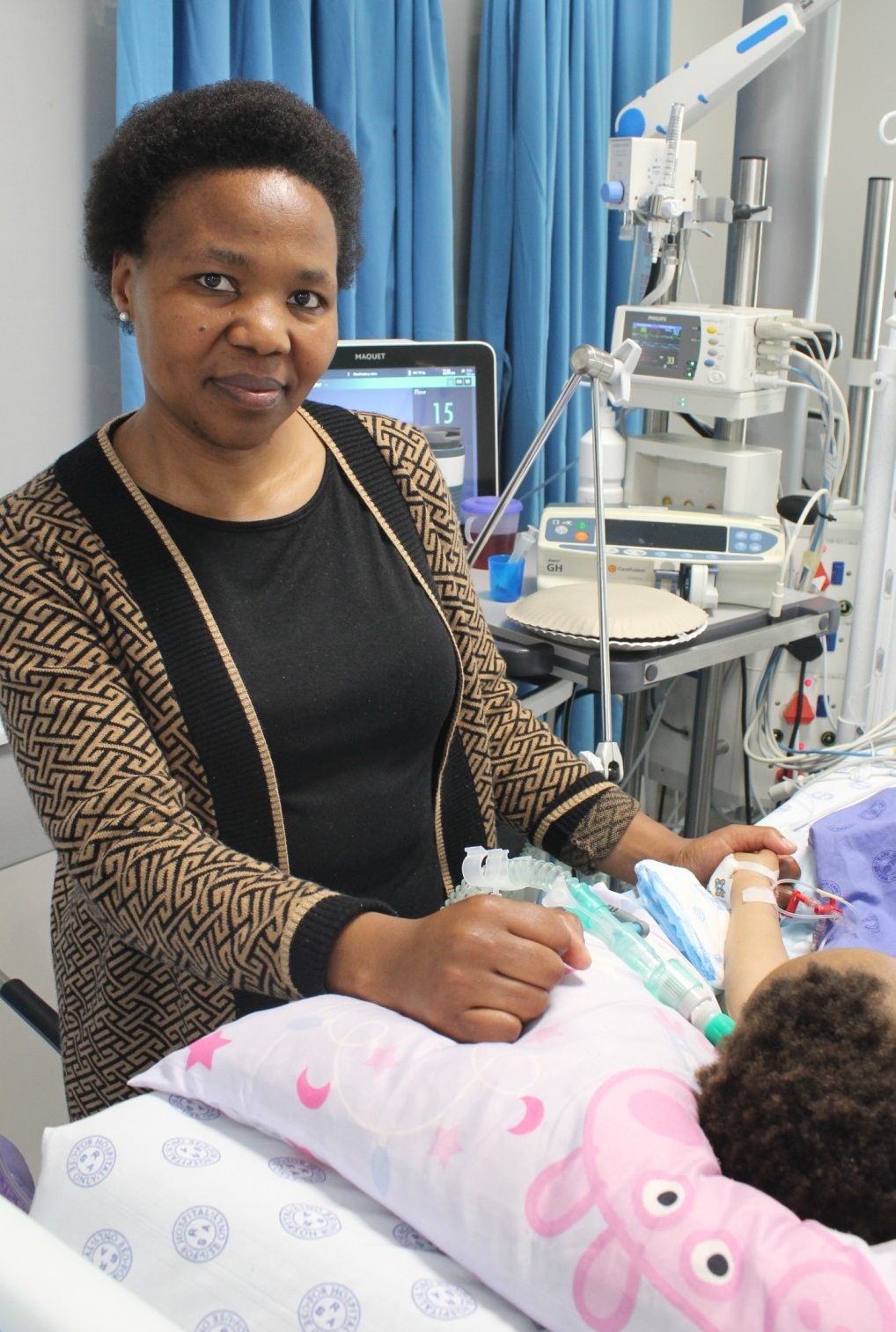
News
Healed and grateful hearts after surgeries at Western Cape tertiary hospitals
Since 2013, surgeons at the three tertiary hospitals in the Western Cape, Tygerberg Hospital (TBH), Groote Schuur Hospital (GSH) and Red Cross War Memorial Children’s Hospital (RCWMCH), have collectively performed nearly 10 000 heart surgeries. These surgeries were needed to treat conditions such as heart failure, heart valve disease, arrhythmias, aneurysms and coronary artery disease after other treatments have not worked. If a heart problem is diagnosed early, heart surgery can lead to long and fulfilling lives for many residents of the province and country.
World Heart Day (29 September) reminds us that heart disease remains one of the leading causes of death in the country. Lifestyle choices can prevent many of these conditions, and medication can help manage them if they occur. While carrying risks, surgery at a tertiary hospital may be recommended for some advanced and complex conditions. For instance, when surgeons are required to open or replace a damaged heart valve or correct an abnormal heart rhythm. Recovery time often depends on the type of heart surgery, but in most cases, patients will remain in hospital for several days until they are able go home.
The heart is considered the hardest working muscle of our body and beats approximately 115,200 times a day. At the age of 80, the heart of an individual has had approximately 3 billion beats as it transports nutrient rich blood around the body.
Our 3 provincial tertiary hospitals play a vital role in treating heart disease. While prevention is essential, cases of acquired heart disease and congenital heart disease are inevitable and are increasing due to the province’s quadruple burden of disease.
Prominent at Tygerberg Hospital is Mitral Valve Repair surgery which involves reconnecting valve leaflets, patching holes in the heart valve or removing excess tissue.
In 2015, the hospital became the first in the province to perform Mitral Valve repair using the patient’s own blood vessels found in the leg (Saphenous vein) to repair a valve that was damaged by infection. Since then, the facility has started a minimally invasive Mitral Repair programme. However, most patients still require open surgery.
“The complexity of the surgeries has increased as patients are older with more complex disease. Even though our hospitals are under extreme pressure with large volumes of patients with severe illnesses, the outcomes of patients compare well with world-class units. We find encouragement and motivation to continue our work when we see patients given a second chance in life,” said Prof. Jacques Janson, Head of the Division of Cardiothoracic Surgery at Tygerberg Hospital.
Tinotenda Naini (23) from Hermanus, was severely ill with an acute aortic dissection while being 30 weeks pregnant. Her baby was born premature at TBH in September 2023 and afterwards the surgeons repaired her aortic valve and replaced her aorta (the largest artery of the body which carries blood from the heart to the circulatory system). She was spared a prosthetic aortic valve replacement which means that she does not have to be on blood thinners for the rest of her life. “This surgery changed my life for the better, and my baby is doing well, and I feel relieved knowing I will not have any breathing problems again,” said Naini.
Prof. André Brooks is the Head of Clinical Unit: Cardiothoracic Surgery at Red Cross War Memorial Children’s Hospital as well as a cardiothoracic surgeon at Groote Schuur Hospital. He spearheads specialist cardiac surgeries at both tertiary health facilities. Unique to GSH are adult congenital surgeries while RCWMCH is the first paediatric unit to be established in the country, performing specialised procedures, such as the REV (Reparation a l'Etage Ventriculaire) procedure. This procedure was performed for the first time in South Africa at RCWMCH approximately 10 years ago.
Prof. Brooks received training from specialist international surgeon, Pascal Vouhe in 2010, allowing this procedure to be performed successfully for over a decade later.
Although surgeons carry out the procedure, successful surgeries are the result of teamwork amongst multi-disciplinary teams at their hospitals. “Our dedicated team of specialists is what allows us to carry out these procedures. Without the collaboration of a cardiology team, anaesthetists, perfusionists or the ICU team, we would not be able to do what we do,” said Prof. Brooks.
Zukiswa Mnukwa, from Parow, is the mother of a 5-year-old patient who recently received a Ventricular Septal Defect repair (fixing a hole between the left and right ventricles of the heart) at RCWMCH. “I was in complete shock when I learned that my unborn daughter was showing signs of a heart defect in the scan. It is not something that a mother wants to hear but I knew that I needed to be strong. She first had surgery when she was nine months old and has now had her second procedure at the age of five. It is a very difficult time in our lives but the surgeons and the nurses at the hospital have been extremely supportive and transparent. They see both the medical side and human side of our family and that makes a difference.”
At the age of 35, Melanie Petersen from Mitchells Plain, was diagnosed with an atrial septal defect (a type of congenital heart defect) that she unknowingly had since birth. Petersen decided to visit her local doctor when she noticed that she could not perform everyday tasks without experiencing shortness of breath and an increased heart rate. Petersen was referred to Groote Schuur Hospital, where she was diagnosed. Petersen had her surgery in June 2023 and is now living a full life, “I can feel the difference in my life since I got the surgery. I no longer feel tired when I work, and I do not get tired when I walk or see to my everyday activities. I can now live a normal life.”

